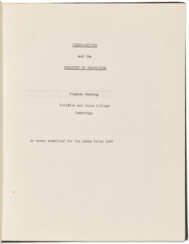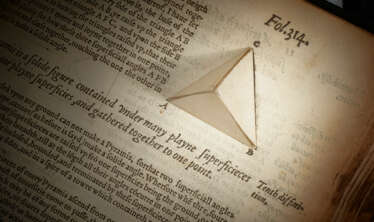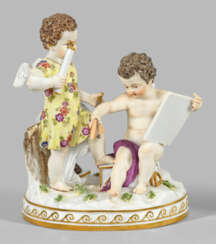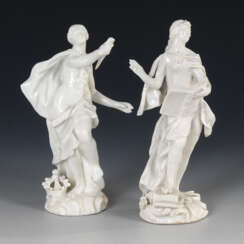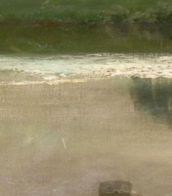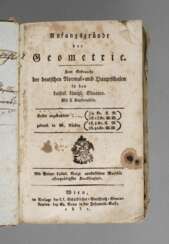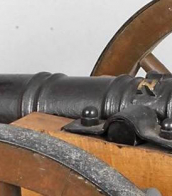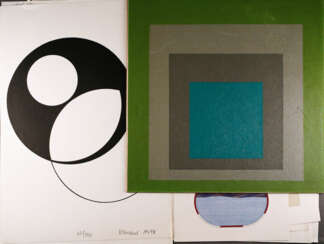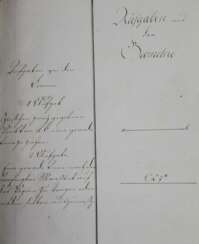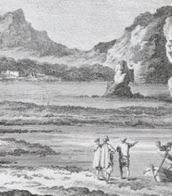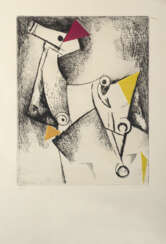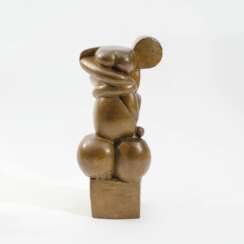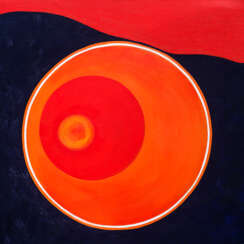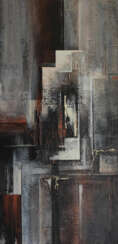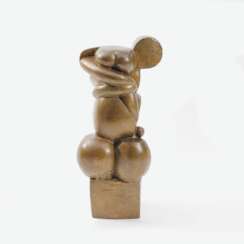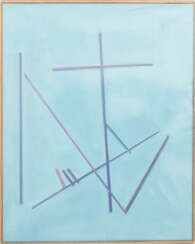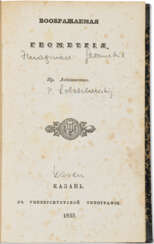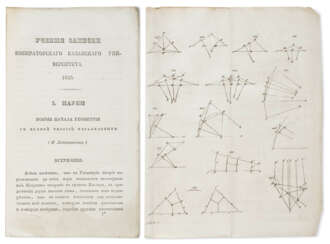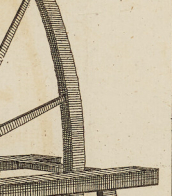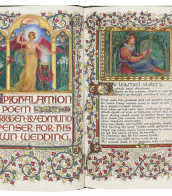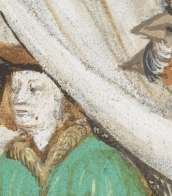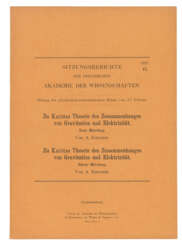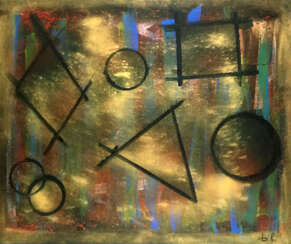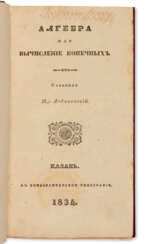geometry
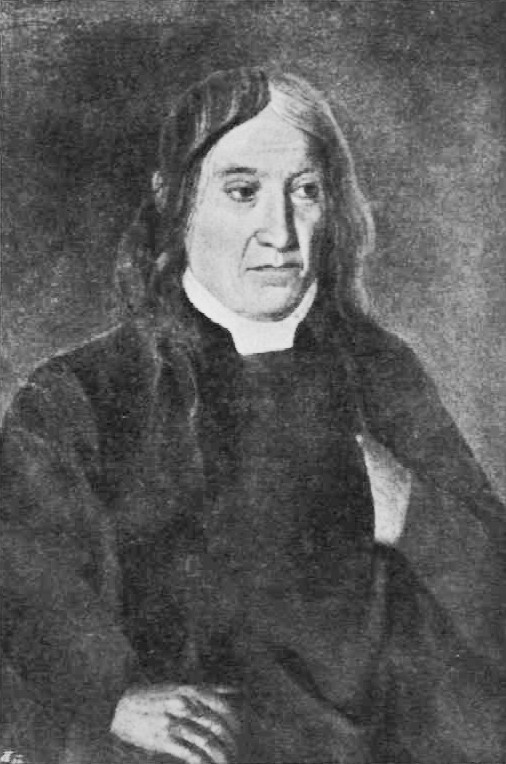
Farkas Bolyai, also known as Wolfgang Bolyai in Germany, was a Hungarian mathematician, mainly known for his work in geometry.


Euclid (Greek: Εὐκλείδης) was an ancient Greek mathematician active as a geometer and logician. Considered the "father of geometry", he is chiefly known for the Elements treatise, which established the foundations of geometry that largely dominated the field until the early 19th century. His system, now referred to as Euclidean geometry, involved new innovations in combination with a synthesis of theories from earlier Greek mathematicians, including Eudoxus of Cnidus, Hippocrates of Chios, Thales and Theaetetus. With Archimedes and Apollonius of Perga, Euclid is generally considered among the greatest mathematicians of antiquity, and one of the most influential in the history of mathematics.
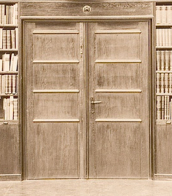
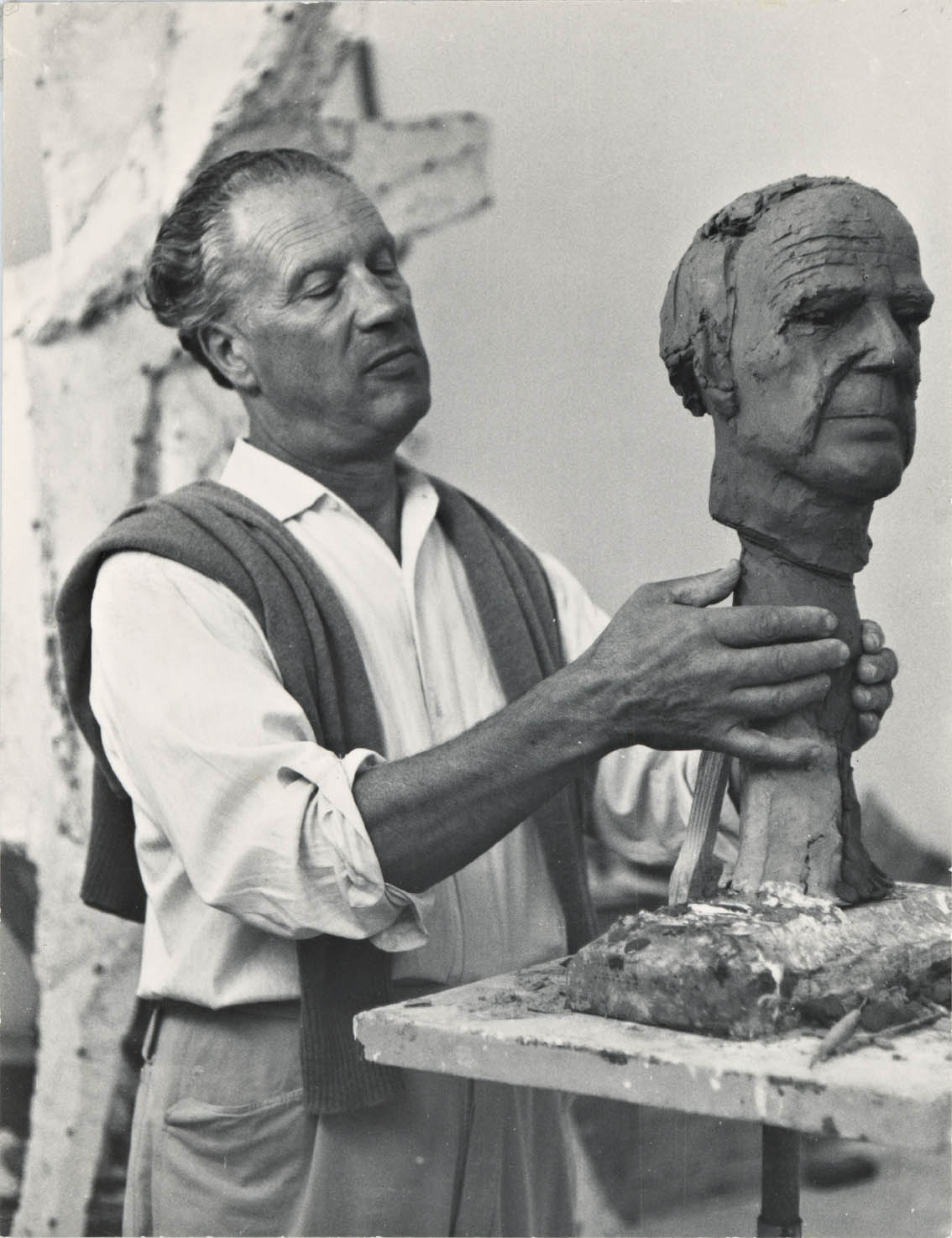
Marino Marini was an Italian sculptor and educator.
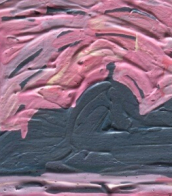

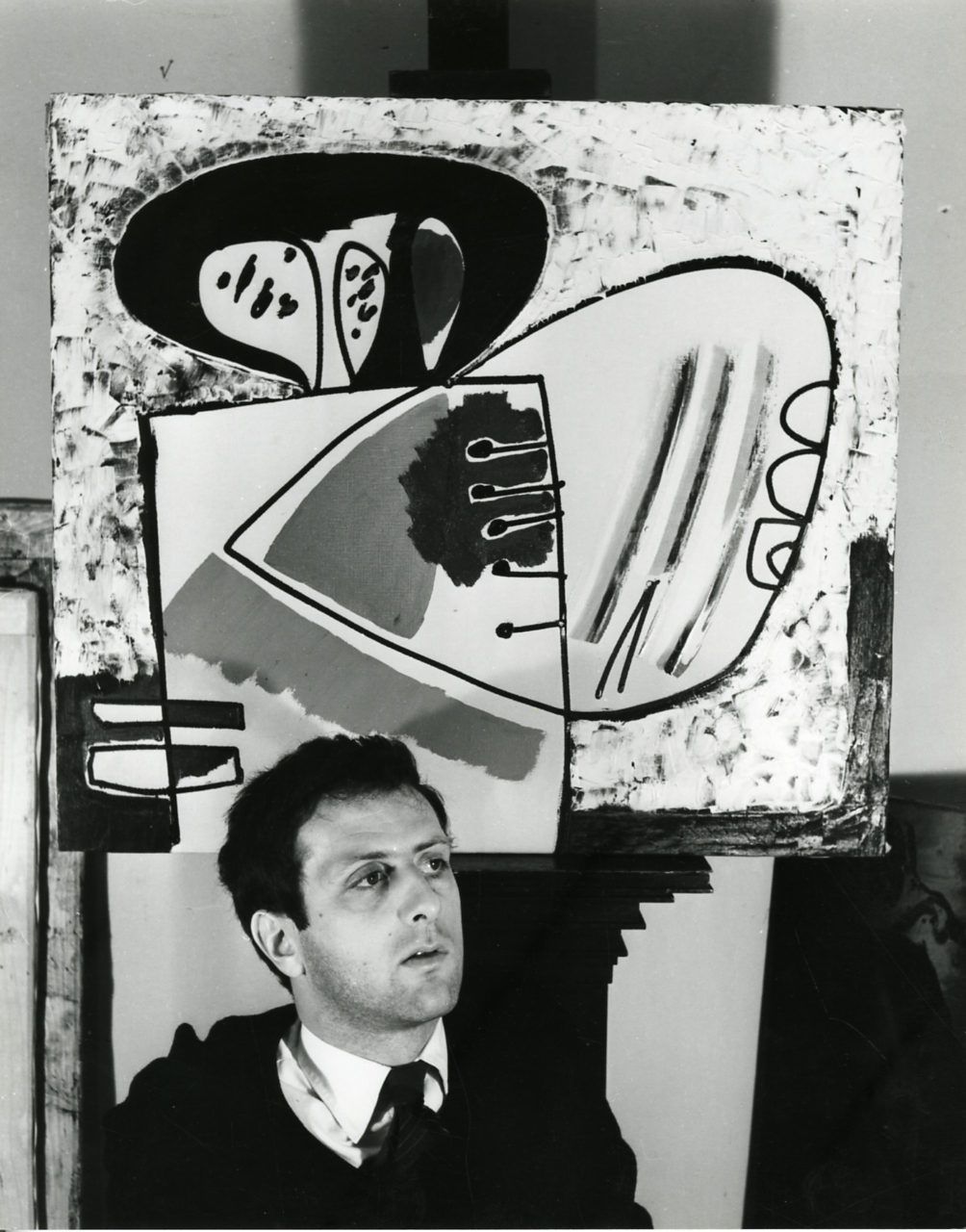
Gianni Dova was an Italian painter who painted in an abstract style with touches of surrealism.
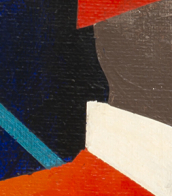


Georg Engst was a German sculptor.
Engst preferred to work in wood, stone and bronze, but also in aluminium, concrete and glass. Much of his artistic work from the mid-1950s onwards is abstract-geometric in character, initially in the form of inlaid panels and inlaid walls made of wood, for example for a commission for the conference room of the Regional Church Office in Hanover in 1957.

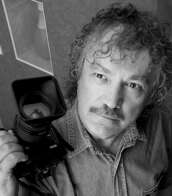
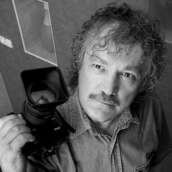

Georg Engst was a German sculptor.
Engst preferred to work in wood, stone and bronze, but also in aluminium, concrete and glass. Much of his artistic work from the mid-1950s onwards is abstract-geometric in character, initially in the form of inlaid panels and inlaid walls made of wood, for example for a commission for the conference room of the Regional Church Office in Hanover in 1957.

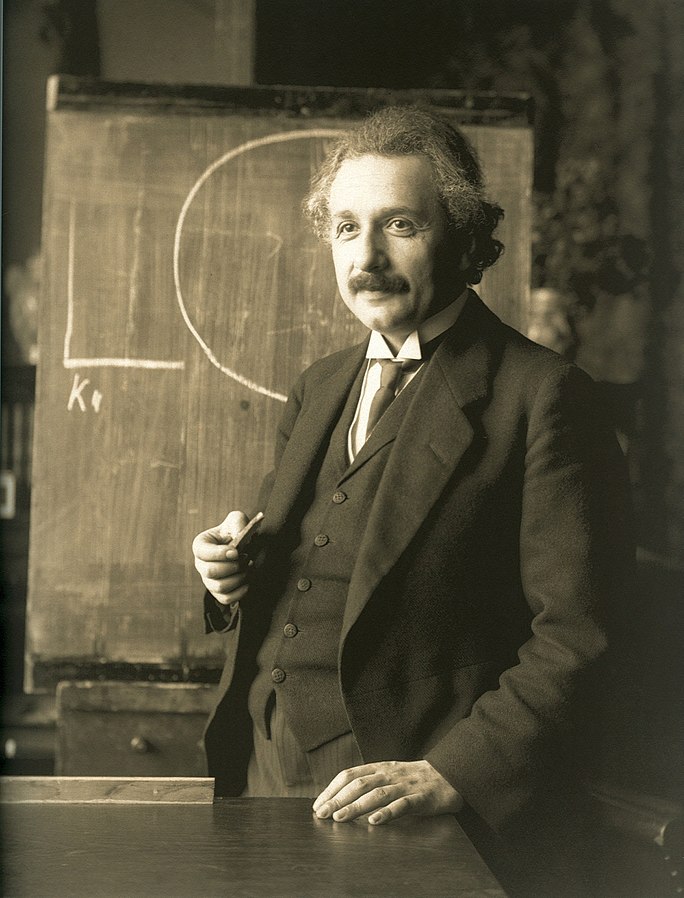
Albert Einstein was a German-born theoretical physicist, widely acknowledged to be one of the greatest and most influential physicists of all time. Einstein is best known for developing the theory of relativity, but he also made important contributions to the development of the theory of quantum mechanics. Relativity and quantum mechanics are together the two pillars of modern physics. His mass–energy equivalence formula E = mc2, which arises from relativity theory, has been dubbed "the world's most famous equation". His work is also known for its influence on the philosophy of science. He received the 1921 Nobel Prize in Physics "for his services to theoretical physics, and especially for his discovery of the law of the photoelectric effect", a pivotal step in the development of quantum theory. His intellectual achievements and originality resulted in "Einstein" becoming synonymous with "genius".



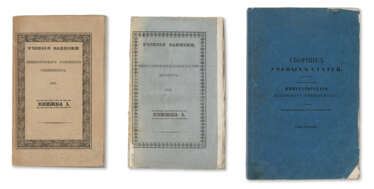

![Kurzer Grundriss eines Versuchs I. Die Arithmetik […] II. In der Geometrie](/assets/image/picture_3695444/280c1/eadbg48uqsbtyju1n4lvfepuz3tr1owekdzuohdxgbdeouha0gibqo77ffhjfjr11704446084jpg__fix_374_244.jpeg)
![Kurzer Grundriss eines Versuchs I. Die Arithmetik […] II. In der Geometrie](https://veryimportantlot.com/assets/image/picture_3695444/280c1/eadbg48uqsbtyju1n4lvfepuz3tr1owekdzuohdxgbdeouha0gibqo77ffhjfjr11704446084jpg__fix_374_244.jpeg)
![Kurzer Grundriss eines Versuchs I. Die Arithmetik […] II. In der Geometrie](/assets/image/picture_4944764/5c894/bd47566b2649e966263ee1d35b7320031759413600jpg__fix_374_244.jpeg)
![Kurzer Grundriss eines Versuchs I. Die Arithmetik […] II. In der Geometrie](https://veryimportantlot.com/assets/image/picture_4944764/5c894/bd47566b2649e966263ee1d35b7320031759413600jpg__fix_374_244.jpeg)

